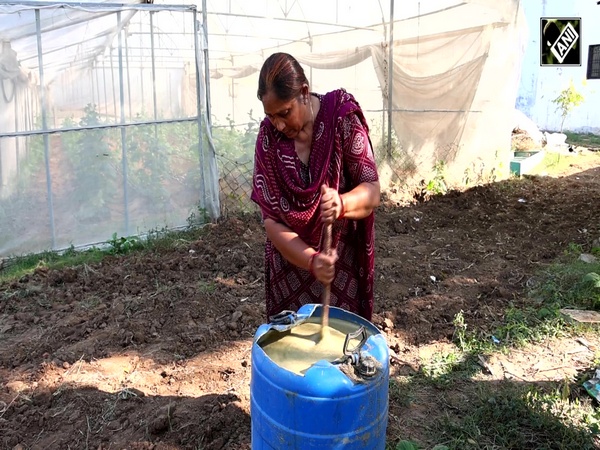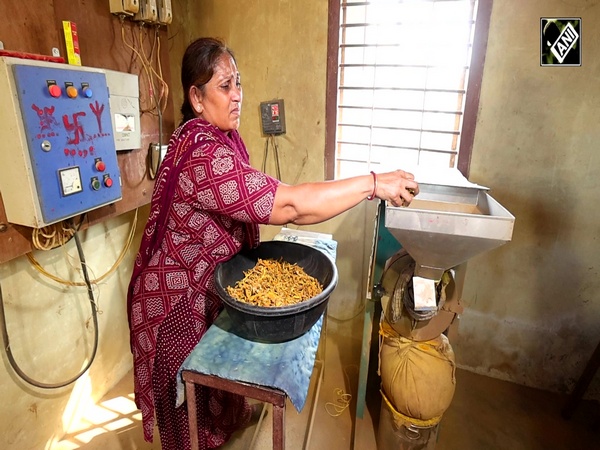Families near River Gilgit suffer from climate change, live in haunting memories of 2022 floods
Jun 06, 2024

Gilgit [PoGB], June 6 : The 2022 floods in Pakistan, which displaced more than 30 million people, are linked to climate change, with some areas having three times the usual amount of rainfall following a period of extremely high temperatures.
Even on World Environment Day June 5, the problem of climate change and the destruction that comes with it still haunts the families of the Guru-Jaglote area, who had built their homes near the Gilgit River flowing through Pakistan-occupied Gilgit Baltistan (PoGB).
These families had lost their houses during the glacial bursts of 2022, resulting in severe flash floods that destroyed their lands and their homes, the Pamir Times reported.
The victims of those floods have still not received any compensation or houses from the PoGB administration. One of the victims who had lost his house in the 2022 floods stated, "I was here when the floods came. And I saw it from my own eyes when the water destroyed our homes."
"That was a difficult time for us, we were trying to save our lives and our homes. Now we are left with nothing, they have not given us anything, and we have not received any money or pukka houses," he added.
Another victim of the incident said, "My home is in front of you and I have not been able to rebuild it ever since our lands and our homes were destroyed by that flood. And the danger still looms. In our homes, no one has been given anything and we, along with our families, are living with our relatives in other districts despite having our lands."
Muhammad Zafar Khan, Chairman of the Department of Forestry, Range, and Wildlife Management PoGB, stated that "the one who is most affected by these kinds of disasters is the middle-income group. We, the people who live in these hilly areas, depend upon agropastoral options and environmental degradation directly affects such communities. These situations also create an adequate environment for water-borne diseases, which again affect the common man. The ones who can afford it can recover but families like these struggle for a long time even after the disaster passes away."
He further stated, "In the entire Pakistan, we have lost approximately 1.4 million hectares of forest land from 1990 to 2000--the rounding up to about 16 per cent of total forest cover in the country. And the biggest factor for this destruction is land and habitat degradation. None of the habitats spread around the hilly areas of PoGB remain in their original condition. And the major cause of such problems is forest degradation, and the encroachment of agricultural land into the forest. And climate-induced hazards are not only in the form of floods but also in the form of droughts, which have been destroying our lands."



















